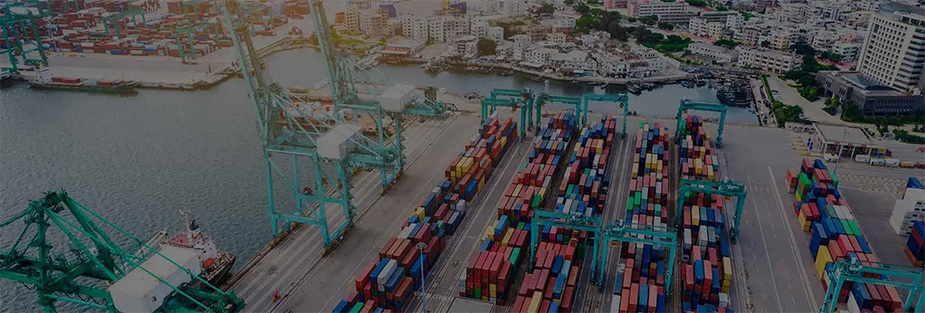
How Delays in the Supply Chain Can Affect Your Consumer Contracts
Although we may have the best intentions, there are times when things happen that are out of our control, preventing us from following through on our commitments.
At the Ombudsman, we are often asked how consumer contracts typically deal with delays in the supply chain.
Many potential traders are discouraged by events that seem to be out of their control, but it could be argued that such impacts could be lessened with due care and skill. For example, delays in wintertime deliveries due to weather conditions on the roads are not impossible to foresee.
Businesses frequently face delays in their supply chain, which can have negative consequences for the end users of goods and services. To help manage these situations, we thought it would be helpful to reiterate our advice and top tips.
Excellent customer service entails having processes and messaging in place to ease the impact of supply chain delays, but if these delays become excessive, it may be best to give customers the option to leave. This is not only wise from a business standpoint but also their legal right.
Even if the delays are a result of unpredictable circumstances, it is not the customer’s job to fix them.
The Consumer Rights Act 2015 states that delivery must be completed within 30 days of the date of purchase unless both parties agree to another arrangement. Furthermore, terms and conditions should lay out when deliveries will typically arrive and how issues will be handled if they come up.
If a consumer deems that timely delivery is essential and the goods are not delivered within that time, they have the right to walk away or cancel their order. If they choose to give the company another chance to deliver in an “essential time,” they can still cancel at a later date if the goods aren’t delivered then, too. Although a consumer might only want to cancel some of the items—say, one missing item is delaying everything else—they could technically choose to cancel everything.
Aside from the legalities, in a climate where consumers may choose to walk away from one contract and enter into another with a different business, clear messaging may provide a customer service solution to these events. The Ombudsman has several top tips for communicating with consumers:
– Before you explain the situation to anyone, educate yourself on the problem, how it started, and what needs to happen to fix it.
– Never create excuses, but instead take responsibility: detail the circumstances and inform the customer of what you’ll do to help improve it.
– Be sure to keep the consumer in the loop with regular updates so they don’t have to constantly chase you for information. If there is a potential for delays, make sure to include that information up front so the consumer can make an informed decision.
– Only agree to something that you know is possible for you, and always fulfil the commitments that you do make. Being dishonest to gain someone’s trust or business may seem tempting, but it will only end badly when your lies are uncovered. Assure them of what can be done in a realistic amount of time, and then actually follow through with those deliverables.
– You will make the consumer feel more in charge if you give options whenever possible.
Our ombudsmen are here to help you with your unique complaint situation and will advise you on when the other party is taking too long, as well as what legal options may be available to you.
Plan Stress-free Move with Top Moving Company in UAE - ISS Relocations

Moving Company - Recent Blog
Stay informed and prepared for your next move with our latest blogs on moving services in the UAE. From expert packing tips to international relocation guides, ISS Relocations brings you up-to-date insights to make your moving experience smoother, safer, and stress-free.










